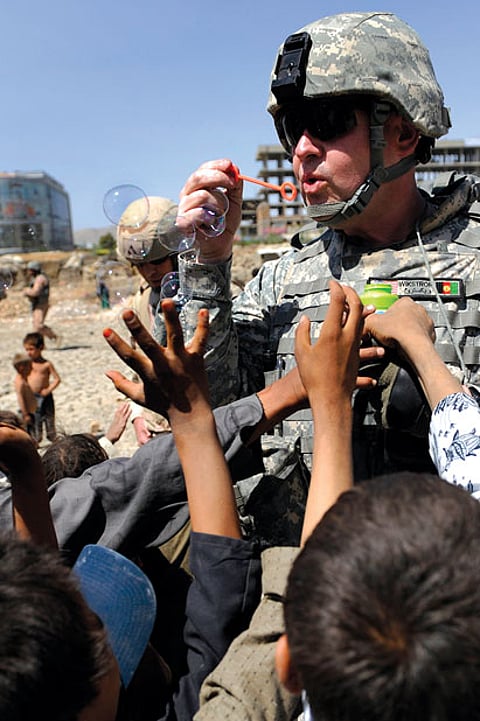Imported human rights
Afghanistan is set to enter a new phase of a turbulent period that began in the 1970s when competing political agendas led to armed conflict and the Soviet invasion in December 1979. However, there is little consensus on what the immediate future holds for Afghans. Opinion varies from cautious optimism to catastrophic doomsday scenarios. Human rights observers and in-country activists tend to be particularly pessimistic. They note with increasing concern that the gains of recent years, especially in relation to the rights of women and girls, are in danger of being eroded or worse.
It is worth recalling that the promotion of human rights in Afghanistan is not a new phenomenon. Since the formation of the Afghan state in the mid-18th century, the country has been buffeted by agendas that pursue or oppose reforms concerning the rights and status of women in society. The country's contemporary history has, in part, been shaped by the geopolitical agendas of neighbours and more distant states.

